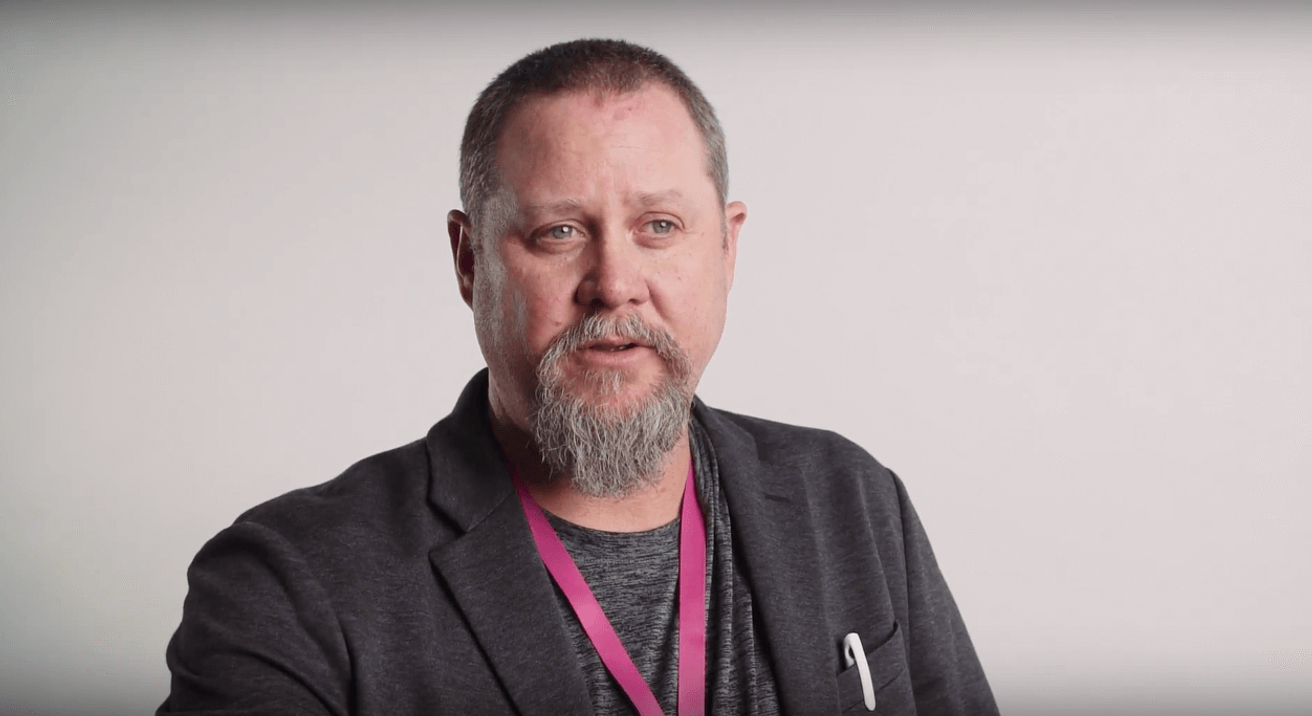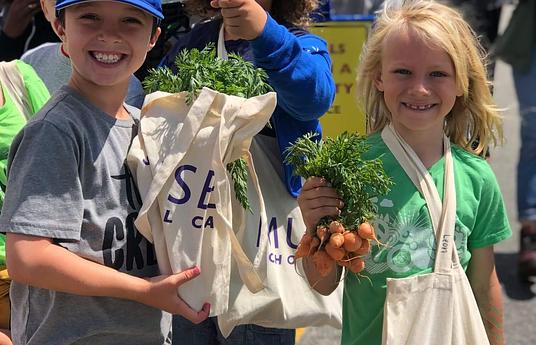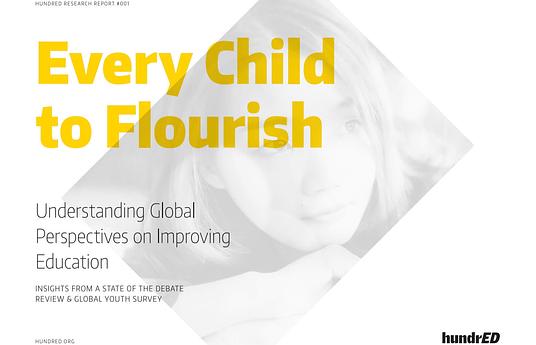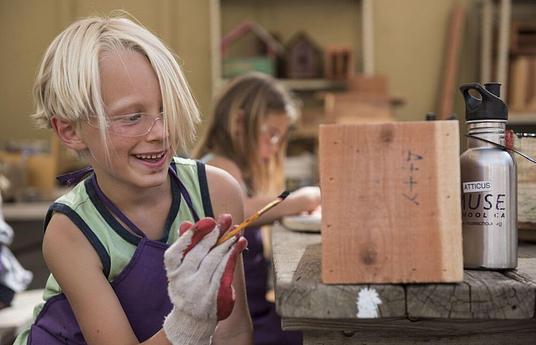Jeff King is Head of School at MUSE School California, the school behind 'Blueprints'- an innovative approach to individualized assessment. Here he talks assessment, sustainability, and why we shouldn't worry too much about the future of education.
Please introduce yourself and your innovation
My name is Jeff King and I am Head of MUSE School. I am an author and a certified Process Communication Model trainer.
Our innovation is called the Blueprint. The Blueprint is our approach to explaining to the parents how their children are doing narratively and how it’s how we assess the students based on our five pillars: passion-based learning, Process Communication Model, self-efficacy, sustainability, and academics.
How can new assessment models revolutionize education?
When we talk about assessment, right now we’re just doing one size fits all and if you don’t fit in that box you’re left out. So, people are trying to get inside the box.
At MUSE, our perspective on assessment is it has to be individualized across three things: one, it has to be individualized based on your personality. At MUSE we’re really able to understand the different personalities - how they learn and in what environments they learn best. The second piece is their efficacy, where’s their efficacy in regards to their test-taking ability, their concentration, their style of learning, their environment, where’s their efficacy? If someone has a low efficacy it doesn’t matter how smart they are, during any kind of assessment they’re not going to do well. Then there’s playing to their strengths. If we play to their strengths during assessment then their weaknesses become stronger and they are able to rely on their strengths. If we look at those 3 things, that in my mind is how we should start looking at assessment, to make it more individualized.
Why is sustainability important and how does it enrich education?
The reason sustainability is important for us is that our students are going to inherit the world that we’re giving them. I like to tell people that people my age we’re too busy fighting with one another and we’ve made our minds up, however, our students haven’t made their minds up and we have the opportunity to give them data about the environment and what’s going on in their world so they can make intelligent, informed, data-driven decisions about their environment.
What we do at MUSE is to give them that platform and give them that data so they can say “This is what’s happening right now and if I make this choice then I can reduce my carbon footprint, reduce my water footprint and I can be a better citizen of the planet”. How we look at that is how we reuse, how we repurpose and how we conserve food, energy, and water. Starting at the age of 2 and going all the way through high school, students have that education and are asked to look at the way that they interact with food, energy, and water.
What we like to say at MUSE is when a student leaves MUSE School they are a sustainability native. What that means is that right now students are digital natives, their cell phone is a part of their body, they don’t understand what that’s like. However, when they leave MUSE we want them to be a sustainability native. We don’t want them to have to think about how to lead a sustainable life, we just want it to be a part of who they are and part of their everyday life. For me, at my age, I have to think about how to be sustainable because it’s not part of how I grew up or how I was educated. So, we don’t want our students to think about how to live sustainably, but just to be able to live sustainably.
What is the biggest challenge facing education right now?
The biggest need in education from my perspective right now is listening to students and listening to children. Right now, especially in America, large corporations control the testing environment, higher academia is very expensive and parents are stressed out and parents are scared. They’re not listening to their students. There’s a lot of availability for students to go to educational environments and express themselves and be who they are. Parents are put under a lot of pressure and then they transfer that pressure to the students. If we would just slow down and listen to the students and listen to our children, they will tell us what they want and how they want to get it.
The next 100 years of education should… be unknown and right now we should focus on what we’re doing right now to improve the lives of our students today and the next hundred years will take care of itself.



